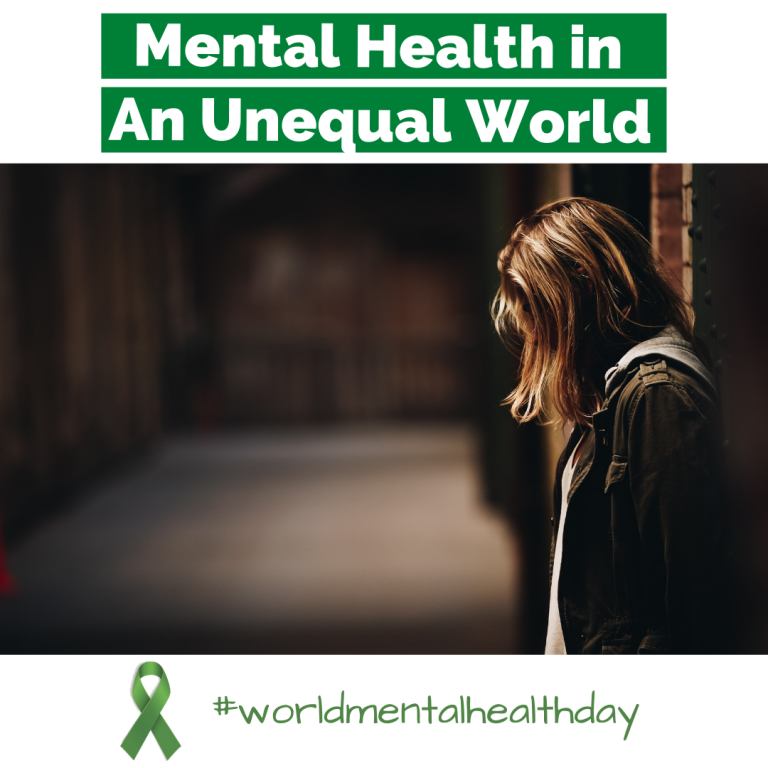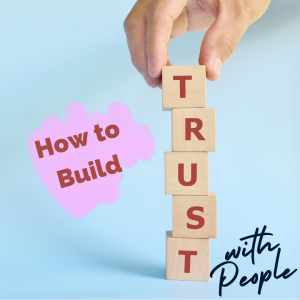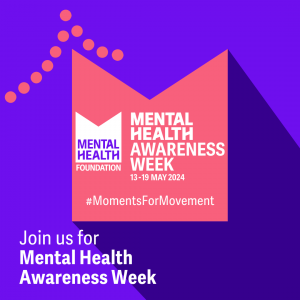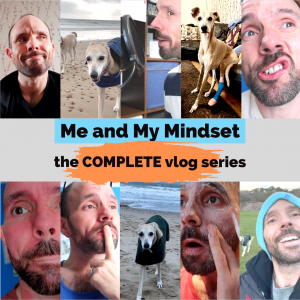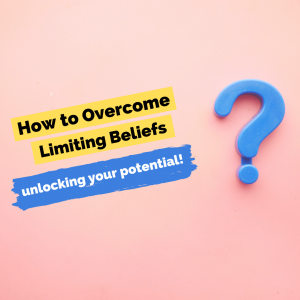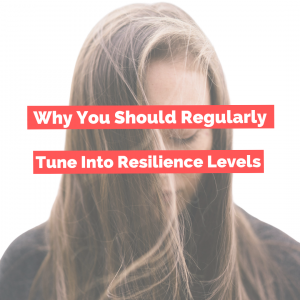World Mental Health Day is on 10th October and the theme for 2021 is ‘mental health in an unequal world’.
For those of us who have experienced mental illness, it probably comes as no surprise to discover that the world is indeed unequal.
The scale of the inequality is staggering, when we consider how widespread mental health challenges are for so many of us, just in the UK alone:
- 1 in 6 of us have had a mental health challenge in the last week
- 1 or 2 out of every 100 of us have a severe mental illness
- 9 out of 10 of us have experienced stigma or discrimination because of mental health
Mind.org.uk go on to warn that ‘approximately only 1 in 8 adults with a mental health problem are currently getting any kind of treatment’.
Sure, things are slowly but surely starting to change. I believe that global and national events such as WMHD and Mental Health Awareness Week do a lot to raise awareness and break the stigma – which still exists – yes, they can be an excuse to trot out meaningless clichés and lacklustre ‘free’ support and advice, but ultimately it gives focus to something that is much needed in this unequal world.
I’m not ashamed to admit that I have struggled with my own mental health over the years, more than once. Specifically, anxiety as a result of homophobia and then a couple of years later depression brought on by bereavement. I’ve felt the inequality in the availability of support when I needed it and the beaurocracy of the red tape to cut through and access it. Yet when I finally did, the support was excellent and not only got me to a much healthier place, but allowed me to learn about myself which helped me for years to come (and still does).
Download my ten point plan to build your resilience now
This is what should be readily available to all, regardless of location, creed or colour, and mine is just one story because whether you feel it or not, the world of mental health is unequal:
- People of colour are four times more likely to be sectioned under the Mental Health Act than their white counterparts
- LGBTQIA+ people are more at risk of suicidal behavior and self-harm than non-LGBTQIA+ people
- 58% of people receiving benefits said that their mental health was poor
- People with severe mental illness continue to have a shorter life expectancy than those without
The World Federation for Mental Health cites that ‘between 75% to 95% of people with mental health disorders in low and middle income countries are unable to access mental health services at all’.
The gap between those with and those without continues to get bigger and as it does, many people go without the support that they so desperately need.

